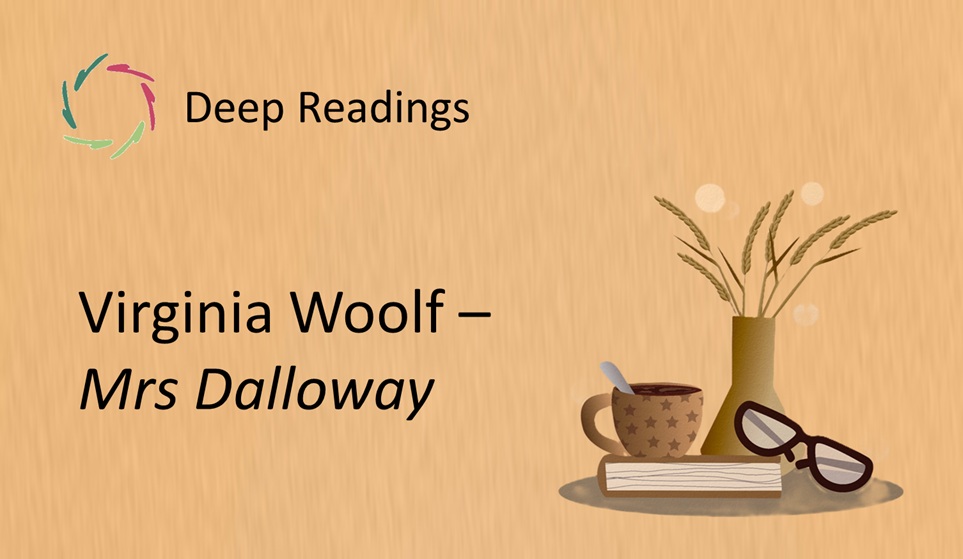Deep Readings: Sappho ― Fragments ― (~6th c. BCE)

The Fragment
“Someone, I tell you, will remember us in the future.”
(Public domain, via Perseus Digital Library)
Contextual Glimpse
Sappho lived on the island of Lesbos in the 6th century BCE and is one of the earliest known female poets in Western literature. Her work, largely preserved in fragments, is both intimate and profound — often addressing love, longing, and memory. This line comes from Fragment 147, one of her many epigrammatic reflections, likely spoken to a close companion. The verse stands as a quiet defiance against erasure: a woman’s voice affirming its place in time.
Resonance
This fragment is a whisper against oblivion. In its nine simple words, it gathers eternity. “Someone” — not a name, but a presence. “Will remember us” — not just the poet, but a shared self, a we. Sappho doesn’t plead. She asserts, gently but unmistakably, that remembrance will come.
There is no grand monument, no prophecy, only the trust that memory will stretch its hand forward. The future, unnamed, becomes a place of encounter. In this way, the poem folds time: her voice reaches out — to us — and in reading her, we become the “someone.” This is the loop of human continuity, drawn in a single breath.
Why this may also be about you
There may be moments in your life when you wonder whether your presence matters — whether your voice, your love, your gestures will linger. This line is a balm for that doubt. It affirms: yes, you will be remembered. Maybe not by name, but by the echo of your being.
Even your smallest moments ripple outward. You live not only now, but into futures unseen.
Lisa’s inspired, original idea about this fragment
Imagine this line as embroidered on a threadbare cloth, passed quietly between generations. Not a flag, not a shout — but a soft persistence. It survives because someone keeps it close, folds it with care, and hands it on.
In this way, Sappho’s voice is not ancient. It is always just arriving.
Echoes
Sappho’s fragments have influenced poets for over two millennia — from Catullus to Anne Carson. This particular line is often quoted in feminist literature and memorials, evoking the quiet endurance of women’s voices across time. In digital spaces, it resurfaces again and again, shared as a gentle affirmation.
Its simplicity is its strength. It doesn’t demand attention; it earns it by staying. The line’s very survival mirrors its message — remembered because it believed it would be.
Inner Invitation
Close your eyes. Think of a part of yourself you’ve never spoken aloud — a wish, a kindness, a small grief. Imagine someone far in the future feeling its warmth, without even knowing your name.
Let this fragment live inside you for a while, like a flame passed from one hand to another.
Closing Note
Sappho’s line is not just poetry. It is proof: she was remembered — and so might you be, in the quiet heart of another.
She spoke once. We answer now.
Lisa’s final take
The future is already listening.
Keywords
Sappho, memory, legacy, time, women’s voices, echo, presence, ancient Greece, love, continuity, intimacy, impermanence, connection, poetry


